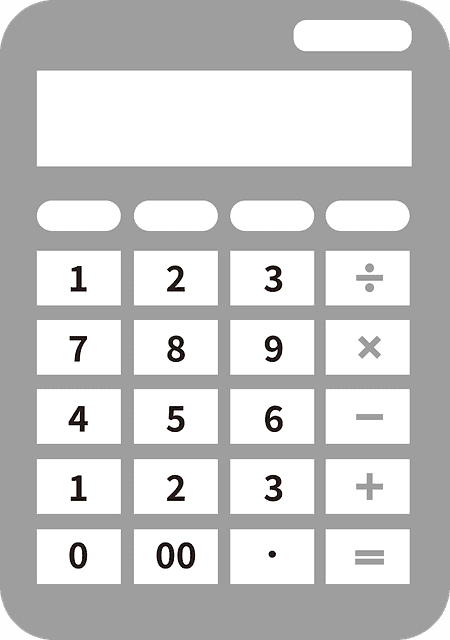I used to think that it is normal to live from paycheck to paycheck. Studies reveal that 78% of all workers in the U.S. live from paycheck to paycheck, and most do not have adequate money in their emergency fund accounts. When you live from paycheck to paycheck, you will constantly find yourself struggling to make ends meet. I used to often run out of money before the next payday. I was constantly stressed because I never had enough money to cover all my bills and buy the things I needed.
If you live from paycheck to paycheck, you need to do something to break from this habit. You can’t develop or get ahead financially when you are always looking forward to the next payday. You are likely to overspend every month and seek a debt to meet your expenses. Before you know it, you will not only be broke but also trapped in debts. I have come up with several ways to help you manage your finances and stop living from paycheck to paycheck, from speaking to insurance brokers such as one sure to see if you can bring those expenses down, to eating out less and less to save money overall. These strategies worked for me and can work for you irrespective of your current financial situation.
1. Create a Budget
I was able to change my financial situation by learning to budget effectively. You can write a budget, and so can anyone else. However, writing a budget and sticking to the budget are two different things. Effective budgeting means that you do not just create a budget, but also stick to it. An easy way to create a budget is to use a paycheck calculator, such as a paycheck calculator for Florida residents, to see how much you are earning after tax. It entails tracking your expenses constantly and learning to stop spending when you exhaust your budget. I ensure that I have all my expenses listed to avoid surprises. For instance, I wouldn’t want to leave out my taxes and car registration from my budget only to realize too late. With a budget in place, I avoid crazy spending or blowing up all my money on things that I don’t need.
2. Start with the Basic Expenses
If you always look forward to the next payday and struggle to meet your bills, you should first cover your basic expenses when you receive a paycheck. When I receive a paycheck, I first pay for the things that I need to survive. For instance, I pay for my food, shelter, utilities, and transportation. If there is money left after this, I identify the other things I need to pay for. This way, even if I run out of money, I will be fed and will have a roof on my head. When you finally learn to manage and account for your finances, living from paycheck to paycheck will be in the past.
3. Save Some Money Every Month
I ensure that I set aside some money every month. I take a certain amount from my every paycheck and send it to the bank. You can start small by saving only a small amount and improve as your financial situation improves. You can build a larger emergency fund when you stabilize. I often take between 10 and 20% from my paycheck for my emergency fund, which has helped improve my financial situation. With some money saved up in the bank, I feel better equipped to handle unexpected life changes.
4. Stop Living with Debt
I have come to realize that playing around with debt could ruin your financial wellbeing. I would advise you against always reaching out to your credit card to fund your lifestyle. Debt is sneaky and often packaged as credit cards, store credit cards, personal loans, student loans, and auto loans. Unless you really have to get a debt, strive to be debt-free.
Are you tired of always staring at the calendar, looking forward to the next payday? It’s the time to rethink your finances and create a plan on how to manage your money. I can assure you that you will no longer have to struggle to meet your expenses or save for the future.

